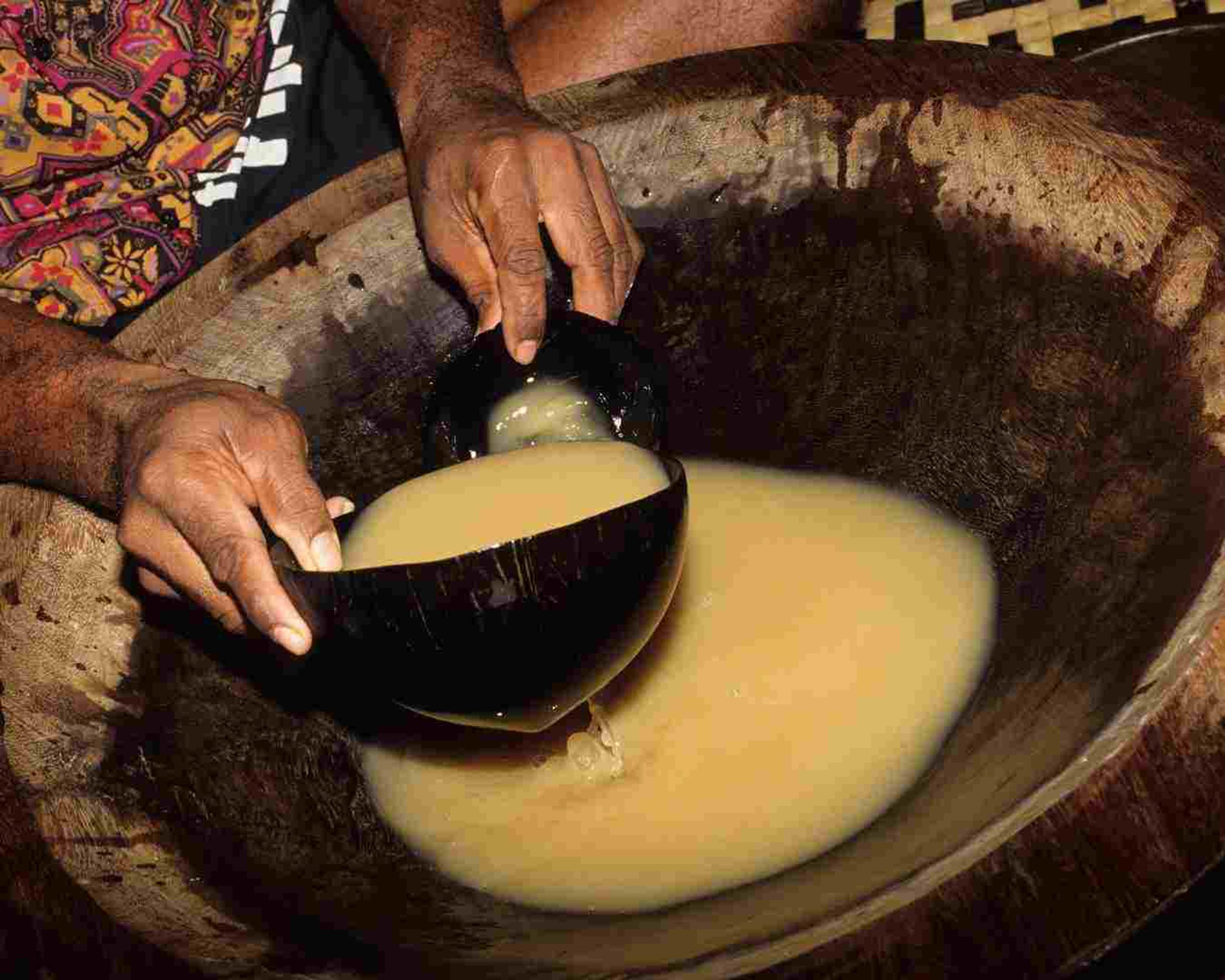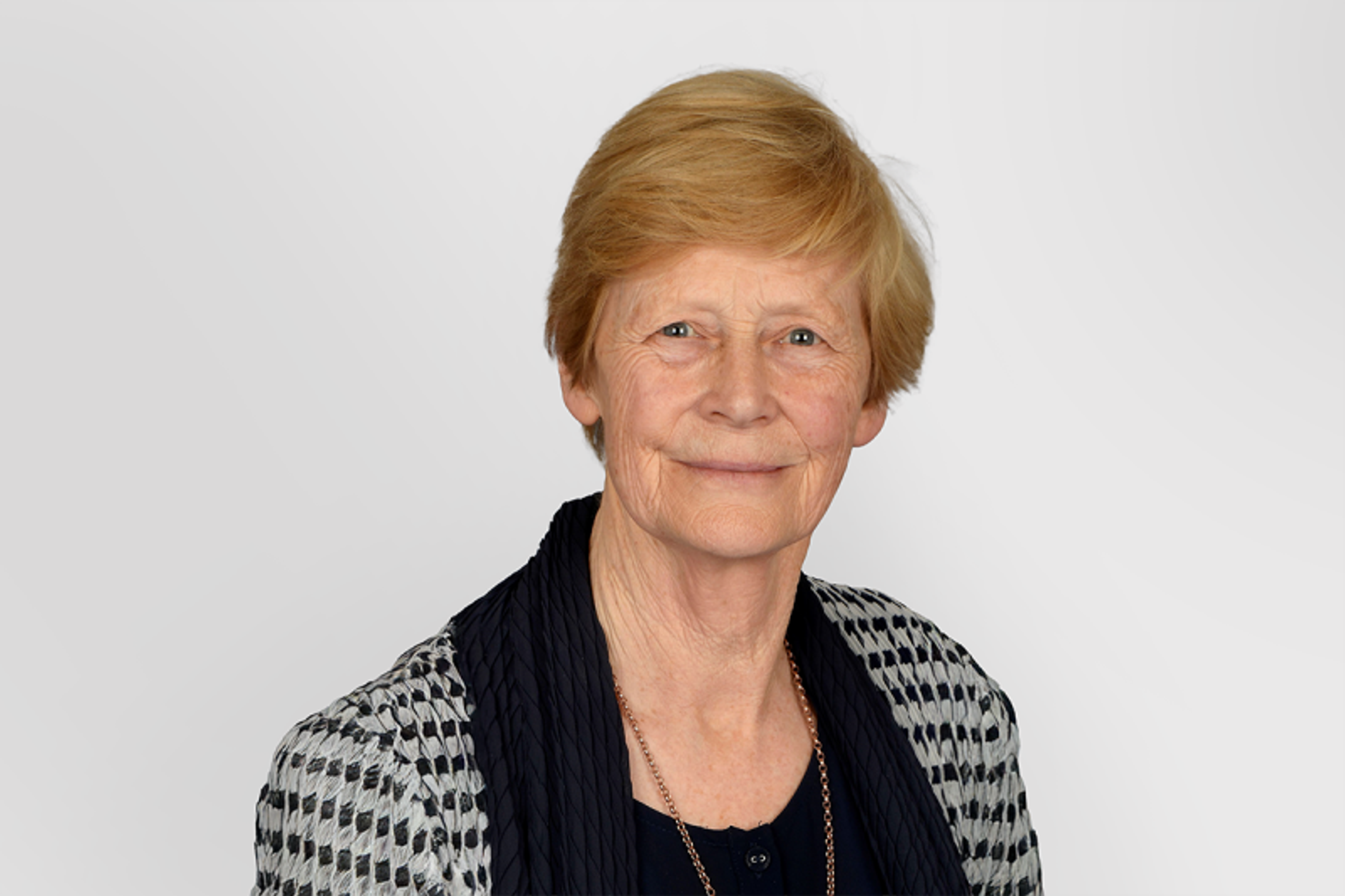

As demand for kava grows outside the Pacific, governments and industry stakeholders are looking at staking an intellectual property claim for the traditional drink.
Photo/supplied
Kava protection: Pacific officials eye intellectual property law
As demand for kava grows outside of the Pacific region, governments and industry stakeholders are calling for an intellectual property claim on the traditional drink.



Pacific eyes on rising US strikes in Venezuela amid deaths at sea




Pacific eyes on rising US strikes in Venezuela amid deaths at sea

The protection of kava as an intellectual property is needed to preserve the traditional drink’s long heritage and reputation, Pacific governments and industry stakeholders say.
The calls come amid growing demand for kava outside of the Pacific region particularly in the United States.
Most of the world’s kava producers come from Fiji, Vanuatu, and Tonga. But in recent years, Pacific growers have faced competition from the US where the market for the beverage is growing rapidly.
Vanuatu’s major kava markets include New Caledonia, the US, Hawaii, China, and Fiji, with export earnings at NZ$1.2 million.
Tongan kava is about 28 per cent of the island’s exports, with earnings in 2020 at $11.5m.
Fiji kava is sold in New Zealand, Australia, the US, Japan, China, France, Korea, the Middle East, and other Pacific nations. Earnings alone increased from about $6m in 2015 to $31m in 2024.
Watch an interview with 'Ulise Funaki, a Tongan Doctoral student at the University of Hawai'i:
There are renewed efforts to enter European Union markets because there’s potential for kava exports to the EU, Fiji’s government said.
Prime Minister Sitiveni Rabuka told Fijian growers they would need to lift their game, adding that “the days of market protection are over” for the elixir of the Pacific.
Vanuatu’s Agriculture Minister Tekon Timothy Tumukon said the government is focused on developing a regional kava strategy to address the production of kava in America.
Tumukon, who is also chair of the working group on the Regional Kava Development Strategy being developed by the Pacific Islands Forum Secretariat (PIFS) said a commercial kava plantation had been established in the southernmost US state of Florida where the climate is similar to the Pacific.
Kava best grows in tropical climates, he said.
Some island nations are looking at staking an intellectual property claim for the traditional beverage to protect their kava and guarantee and promote its authenticity as Pacific kava.
Tremendous benefits
Matthew Lowe from the Kava Coalition (comprising officials from the US and Pacific islands) said kava has “tremendous benefits” for millions of people, but it was only available in the Pacific.
He told PMN’s 531pi Pacific Mornings that global restrictions did not allow kava to be sold in certain markets.
“At Kava Coalition, we are coming together on a global scale to rectify that. To dispel the misinformation that’s in the markets and ensure that people who want to have access to kava can have access to it - from the Pacific Island diaspora through to everyone else.
Watch the full interview with Matthew Lowe from the Kava Coalition below:
“The Pacific islands are looking to protect the kava that comes from Pacific Island Nations as IP itself so they’ll be able to market and sell their kava and that kava can then be called whatever they choose to call it.
“It’s quite challenging when it comes to a plant because kava is kava. There is no real or no other name for it. So they’re going to have to get quite creative in terms of what they want to label kava that comes from the Pacific.
“It’s a good thing to chase, but there are bigger issues at play that need to be addressed for that to hold tremendous value. One thing to protect the intellectual property around Pacific kava, it’s another thing to then be able to take advantage of that and to be able to sell it on a global scale.”
Leading kava researcher Dr Apo Aporosa of Waikato University said turning kava into a commercial product for places like the US is destroying the plant's cultural significance.
The senior lecturer in Pacific Health said when misinformation leads to myths regarding the use of kava, more education is needed.
Economic returns
Tongan Ph.D. scholar at the University of Hawai’i, Ulise Funaki, told PMN the amount of kava drunk outside of the Pacific islands is “astounding”.
Funaki said this included those social relationships that were forged, nurtured, and strengthened outside of the Pacific, “among Pacific communities whether you're in Auckland, in Otara, whether you're back here in Hawai’i, or in LA, Salt Lake City, Sydney, wherever.
“There's even kava drinking groups in Thailand, Pacific people there. We've got family who have a little kalapu in Japan. The benefits of that export from the Pacific for these communities, you almost can't count it because while we're out here, while we're working, while we're doing the things we need to do as a people in our communities in the diaspora, we benefit as well.
“We highly benefit from having access to that cultural, ancestral plant that is being brought to us, that we purchase and we use at funerals, weddings and there is the economics of how much is exported.
“We should recognise that as well. Just how much our Pacific island communities back home rely on that. Kava farmers in Vanuatu, Tonga, and Fiji. This is a big part of who they are, their livelihoods, providing money, means, and resources, not only to their families but to their villages and their communities.
“Not only do the islands benefit from the money they receive from the kava, but we do too. What would we do without our kava out here in the diaspora? So what's wrong with the commercialisation of kava now that it is growing in the US?
“It’s just not a drink, it’s tupuna. It is our origins. It is our cosmogony.”

A yaqona (kava) plant in Fiji. Photo/supplied
Funaki said kava has been sold for a very long time in Europe, and places in New York.
While it was good, he said there were also inappropriate behavior and actions.
He said he was concerned that the production of kava in the US could “ignore these facts about kava being an ancestral plant and how it's being used with other substances such as kratom can be dangerous.
“We have to look at how it is that people are utilizing our kava in their practices in kava bars and kava lounges, which aren't all bad.
“But when you commodify and commercialise kava in ways that are not respectful of the tradition, not respectful as a people, and how we relate and how we engage with kava, then you have a problem on your hands.
“There's a lot of abuse in how some kava businessmen are conducting themselves and what they're doing. They are not focused on our people. They're not allowing us to practice who we are because they're taking it from the Pacific and they're taking it somewhere else. They're making it their own.
“They are saying that they're respecting our culture but at the same time, they're changing it. They're using it, they're giving a facade of what our kava culture means. And all for the money.”
Studies have revealed that kava is consumed for its sedating effects throughout the Pacific cultures of Polynesia, including Hawai’i, in Melanesia, some parts of Micronesia, such as Pohnpei and Kosrae, and the Philippines.
Cyclones impact supplies
California-based kava bar owner Tyler Thomas told RNZ Pacific demand in the US market is growing rapidly with more than 10 million kava drinkers there.
Thomas imports over 8000 tonnes of kava from Fiji and Vanuatu but is concerned that supply has been affected by cyclones.
While he was not intimidated by the competition, Fijian exporter Praveen Narayan was concerned about the level of crop damage due to increased flooding in the country.
Tumukon, head of the Vanuatu Primary Producers Authority, said a priority is the government’s strategy and addressing the kava marketing globally.

Timothy Tumukon says there is an urgent need for laws to protect Pacific kava. Photo/supplied Vanuatu government
He said 'Cava' (with a C) had been trademarked by Cava Holding Company, an issue he added Vanuatu would look into soon.
Tumukon said laws to protect kava and separate it from the derivatives of the plant were “urgently” needed across the Pacific.
He said the rise of a kava extract market overseas has increased the urgency of protecting the word “kava” as a product known by Pacific islanders and defined by the United Nations’ food and health agencies, FAO/ WHO.
Kava extracts
He said increased kava exports for the kava drinking market, specifically to cater to the Pacific islands' diaspora, were now fuelled by kava extracts.
“The kava bars that are cropping up in the US and beyond are using kava extracts. It is not purely the kava as we know it. And this is where the concerns arise,” Tumukon warned.
“We need to define that space, define what it is. It’s being mixed with other products and that is not kava. It’s something else.”
Vanuatu’s Kava Act, the only kava-producing country with laws to protect its kava industry, is “not enough protection given the rapid change happening in how kava is being used overseas, especially in kava extracts”, Tumukon said.
He said Vanuatu exported more than 100 tonnes of kava to China in December where kavalactone, the active ingredient in the kava plant, was extracted and then re-exported to the US.
“Kava as we know it is a plant. And kava as we know it is a drink. It is what is prepared using water extraction. With the extract business that is happening now, they’re not using water anymore. They’re using solvents, they’re using CO2, and that, whatever it is they get from that, should be called something else.”
Tumukon said regulations and legislation were needed to avoid a repeat of the famous kava ban in early 2000 by Germany, where kava extracts, not kava, were the substances that were being referred to by the German health authorities as harmful to human health.
Australia banned kava in 2007 after it was classified as a prohibited import substance. The ban was lifted in January 2022. You can now find kava sold in Australian supermarkets.
Australia imported about 130 tonnes of kava from the Pacific in the first 10 months of 2022, most of it coming from suppliers in Fiji, Tonga, and Vanuatu.